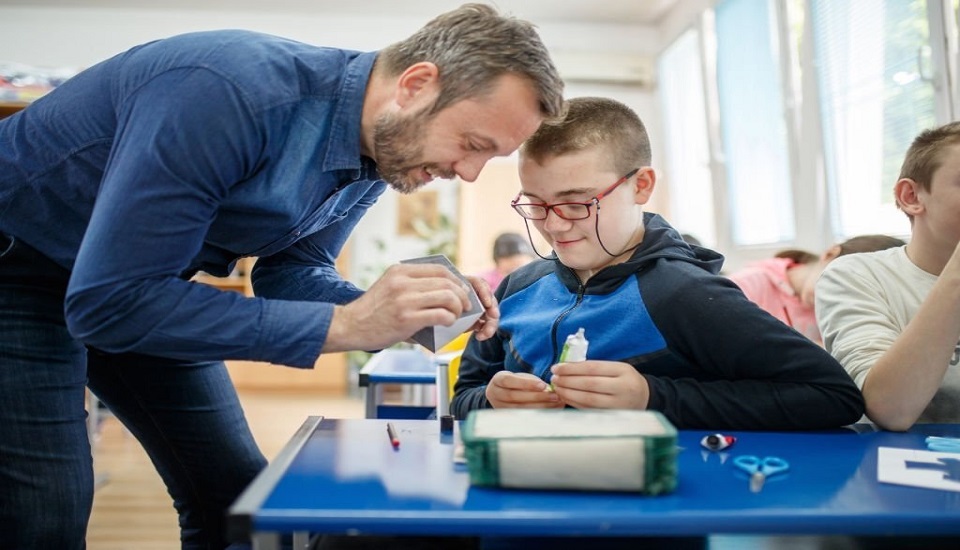Paraprofessionals in Special Education
11th May 2022

Paraprofessionals are sometimes called instructional aides or teacher assistants. Generally, they deliver various kinds of support that help make classrooms more inclusive. They are the specially accomplished, credentialed educational employee who help students in schools under the supervision of a special education teacher.
Sometimes, they are also known as a paraeducator, special education paraprofessionals, teaching assistants, instructional assistants, or ed tech. Casually, they may be called a parapro or para. Well, their role can differ from student to student, classroom to classroom, school district to school district, and state to state.
What do paraprofessionals do?
They work one-on-one with students who receive special education and associated services or those who have a 504 plan. They have various sets of skills they bring to schools. They can also support to implementation or reinforce lesson plans for small groups of children. They may aid teachers to form materials for students, too.
Here are the responsibilities and duties of paraprofessionals ---
- They assist teachers with directing lessons, managing the classroom and developing materials.
- They track student growth throughout the school year and make reports to let parents understand what their children are learning.
- They empower learners through programs planned to boost their academic and social accomplishments.
- They work with computers and specific AV equipment to make these resources accessible to the teacher during lessons.
- They act as a fostering and encouraging influence for students throughout lessons.
- They also screen the classroom and minimize interruptions and disruptions.
- They work with students one-on-one or in small groups to strengthen learning.
- In some classrooms, bilingual paraprofessionals deliver language support too.
- Paraprofessionals additionally work with learners who struggle with opportunities for classroom behavior.
- If the IEP team needs documentation about how behavioral involvements are working, paraprofessionals may take notes all over the day.
- Paraprofessionals can support with adaptive skills, like self-care and communication.
- Sometimes, they may also work together with the school nurse to work with students who need medical provision.
Qualifications and Training
It is important to know paraprofessionals don’t have the similar training and certification as educators. Nevertheless, these requirements differ from state to state and even among school districts. Paraprofessionals must possess a high school diploma or equivalent and have at least two years of college studies, have an associate's degree, or have passed an assessment with standards set by the state in which they plan to work.
They also have to be able to display, through an official state or local academic assessment, that they know about and can support in reading, writing, and math instruction. Even though not required, there are certificate programs like SEN Courses Online that can further their knowledge.
Several Names of Paraprofessionals
These include ---
- Paraeducator
- Behavior Interventionist
- Classroom specialist
- Child care assistants
- Classroom aide or assistant
- Education assistant
- Education Technician
- Instructional Aide
- Learning Program Assistant
- Occupational Information Specialist
- Programs Assistant
- Speech/Language Assistant
- Special Education Assistant
- Teaching Assistant or Aide
Advantages of Working with A Paraprofessional
It’s quite natural to be concerned with the fact that whether the paraprofessionals will be a helpful resource or not. The benefits are numerous. They offer instructional, behavioral, and other support to students in and outside of the classroom. Paraprofessionals let students join the classroom rather than consigning them to special education programs. They also act as a bridge between these two learning environments, supporting the students to learn valued social skills.
Conclusion
Working as a paraprofessional can be an extremely rewarding career and the demand is huge. SEN Courses Online is something that you can consider if you are planning to become a paraprofessional. For parents as well as children, a paraprofessional can be a constructive force in a child’s schooling, and his or her life.
Looking for earning the Special Education certificate?
Contact us - 1800-212-6400.

